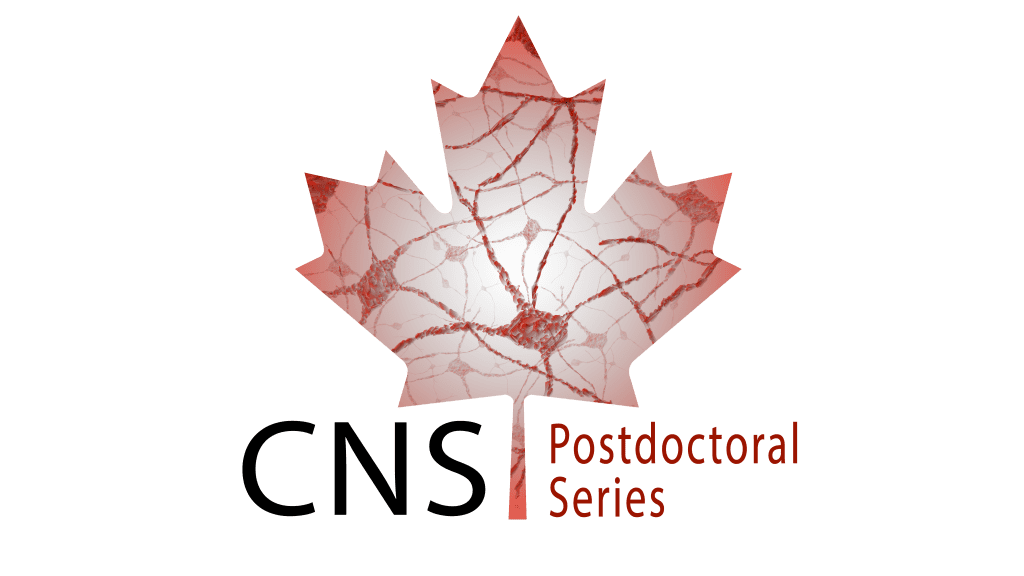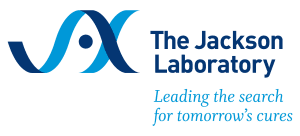The Krembil Research Institute at University Health Network (UHN) and the Department of Physiology at the University of Toronto (UofT) are accepting applications for a full–time permanent Scientist position, with non‐tenured faculty appointment at the rank of Assistant or Associate Professor, in the specialty area of neuroscience. The position is available immediately. The Search Committee is seeking an outstanding individual with a proven international track record in neuroscience. Applicants with expertise in developing cutting‐edge technologies and strengths in the following areas are particularly encouraged to apply: neural circuits, systems neuroscience, and plasticity.
Candidates must have a Ph.D. in a relevant scientific discipline, as well as significant postdoctoral research experience and an established record of research excellence. Candidates are expected to demonstrate evidence of: successful research funding (peer‐reviewed grants, fellowships, etc.), publications in leading journals, presentations at significant conferences, and increasing leadership experience in directing a research team. The successful applicant will initiate and maintain an original, competitive, and independently funded research program of international caliber, and will be expected to teach at the undergraduate and graduate levels. Salary will be commensurate with qualifications and experience. A competitive benefits package is being offered along with support for relocation expenses.
The successful applicant will be appointed as a Scientist at the Krembil Research Institute, and is expected to qualify for an academic cross‐appointment as an Assistant or Associate Professor (status only) in the Department of Physiology, Temerty Faculty of Medicine, at the University of Toronto, depending on career stage.
The successful applicant’s research program will be housed at the Krembil Research Institute in the state‐ of‐the‐art Krembil Discovery Tower (60 Leonard Ave, Toronto, Canada), located near the Discovery District in the heart of downtown Toronto. The position offers a unique environment to conduct research, teach, and live in one of the most vibrant, safe and diverse cities of the world. UHN is fully affiliated with the University of Toronto – Canada’s largest and top‐ranked university – and our researchers benefit from the extensive research facilities of the UofT and other affiliated institutions.
For more information on this opportunity and to apply, please visit: https://smrtr.io/mZx2t
We thank all applicants for their interest, however, only those selected for further consideration will be contacted.














